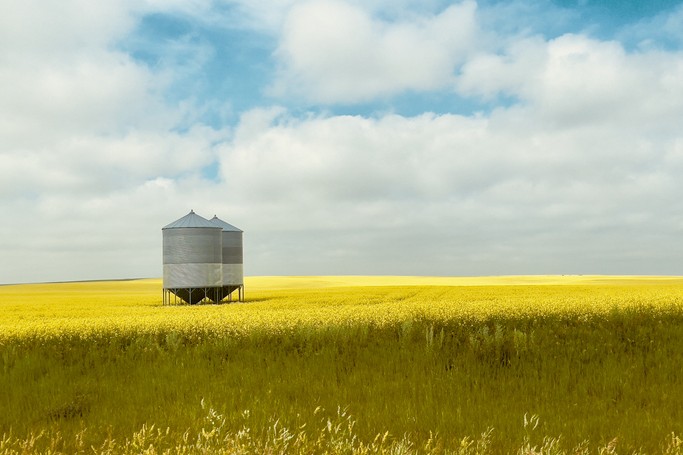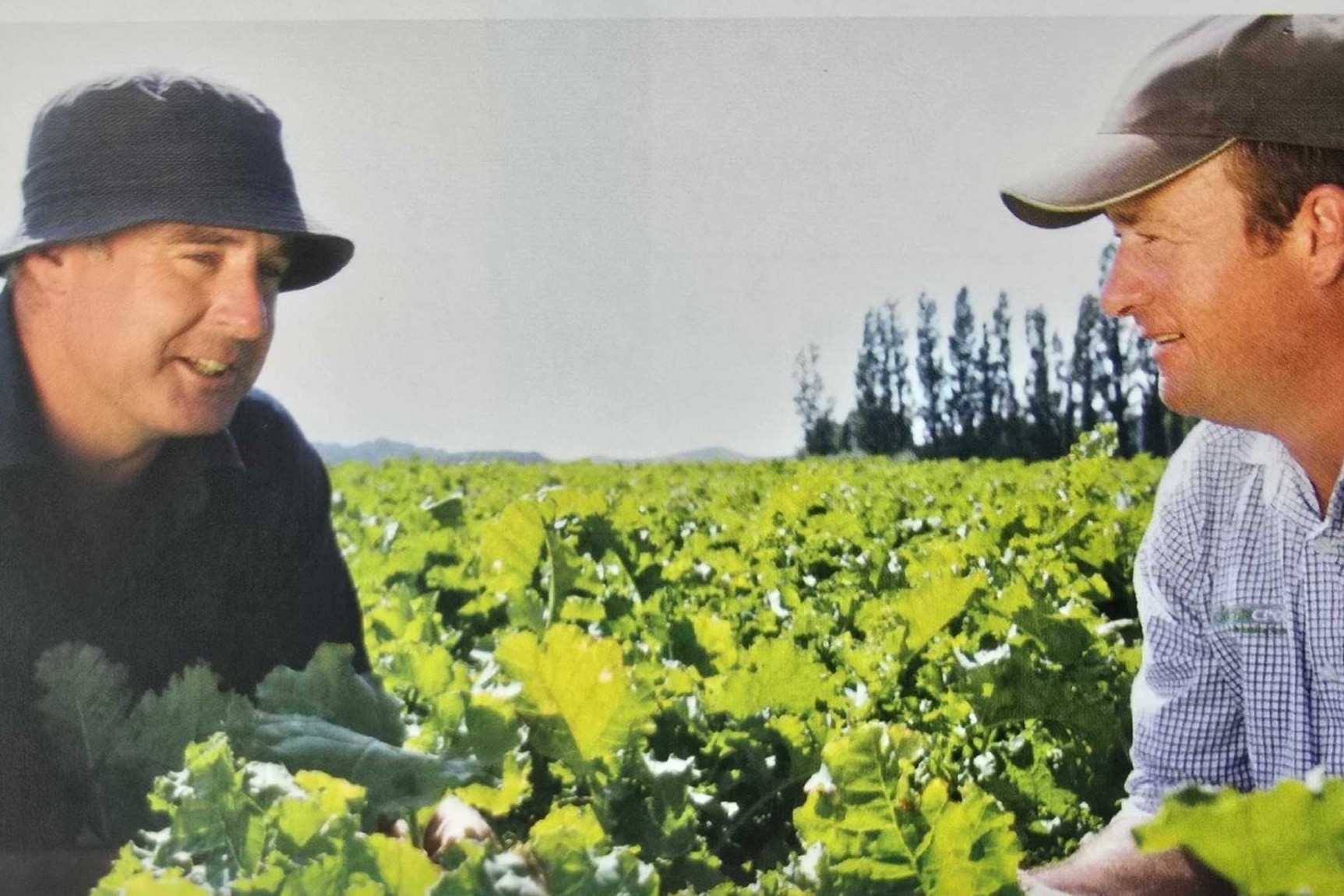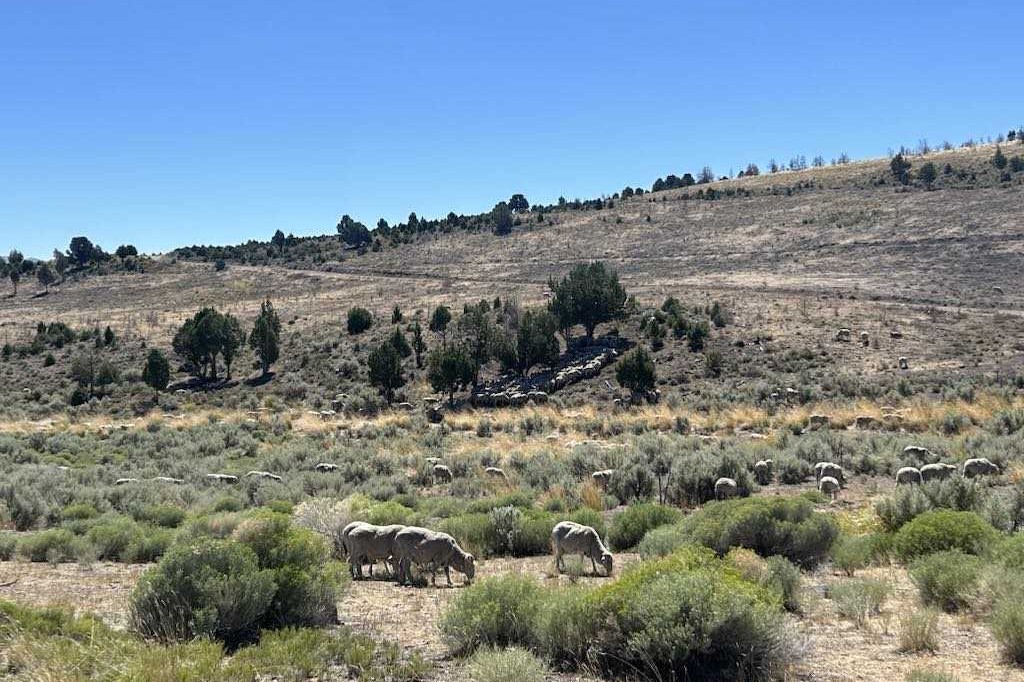Markets move faster than regulations
Mark Guscott and wife Susannah farm 1434 hectares of sheep, cattle and crops near Martinborough, Wairarapa, with three teenagers keeping them honest.
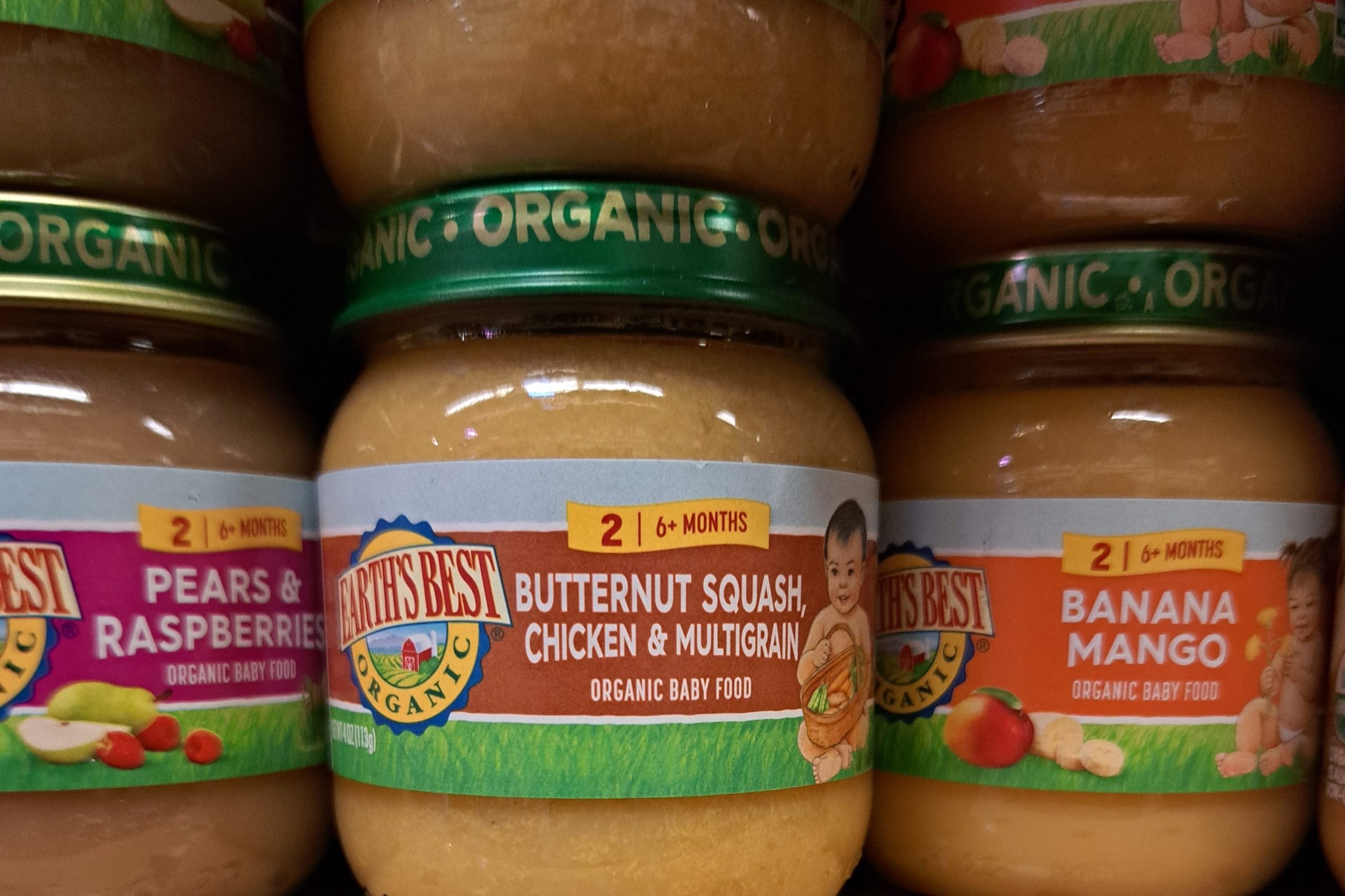
I’ve been reading up a bit about AI recently and I reckon it’s the go. Especially if the editor of Country-Wide wants you to do a column and you’re pressed for time! Once I figure out how to do it, I’ll be away. I heard the other day that it’s going to be a bit like Y2K, in that a lot of companies will try to profit off it and make it sound like it’s the end of the world and the rest of us will carry on
as always.
I was lucky enough to travel to the USA in November and we had the misfortune of being there during the election. Whenever I spoke to someone in New Zealand at that time, people asked, “Did you see protests?” or “What was it like?” I can tell you it was just like any other day. The locals were getting on with their lives and didn’t seem particularly worried about what was going on in Washington, a bit like regional New Zealand when there’s an election in Wellington. Just another day that the news media gets excited about, the rest of us shrug our shoulders and carry on.
What was interesting in the US was visiting supermarkets. They’re changing. Well, the high-end ones we visited were. There are a lot more high-end supermarkets appearing. There are words appearing like ‘regenerative’ in the eggs and dairy section of those supermarkets. This is saying to me that markets move quicker than regulations. People in those supermarkets who generally have higher incomes are more likely to pay for this type of food.
Baby food is an interesting one. Check out the two photos – there’s a unit price at the bottom of the price tag. The regenerative baby food is about twice the price of the organic one. What I don’t know is how much of it is sold at that price. Doubling the retail price is a big opportunity for the owners of that brand if they sell well.
How do we capitalise on this on farm? We’re going to have to do things differently. Firstly, we are going to have to supply companies that are targeting those sorts of markets. Secondly, if the opportunity arises, we should buy shares in those companies that own the brands. Thirdly, and my main point, we need to change how we farm.
“We’re going to need to prove that what we do is good for the animals, the soil and the planet and therefore the people that eat that product.”
We’re going to need to prove that what we do is good for the animals, the soil and the planet and therefore the people that eat that product. Certification systems can prove these things but only if the company you supply changes as well, otherwise the certification makes you the same as everyone else and it’s a waste of time doing it.
The biggest problem on farm (especially in the last couple of years) is generally “I’m not getting paid enough for what I do” but when an opportunity arises for a farmer to increase the value of their product with a change in farm practices, the comment is “That’s ridiculous! What do they know about farming?” The farmer might be right but the customer will then get what they want from somewhere else. Farmers who aren’t prepared to change will go the way of Kodak and wool and become irrelevant.
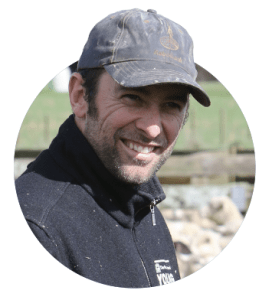 Mark Guscott and wife Susannah farm 1434 hectares of sheep, cattle and crops near Martinborough, Wairarapa, with three teenagers keeping them honest.
Mark Guscott and wife Susannah farm 1434 hectares of sheep, cattle and crops near Martinborough, Wairarapa, with three teenagers keeping them honest.

